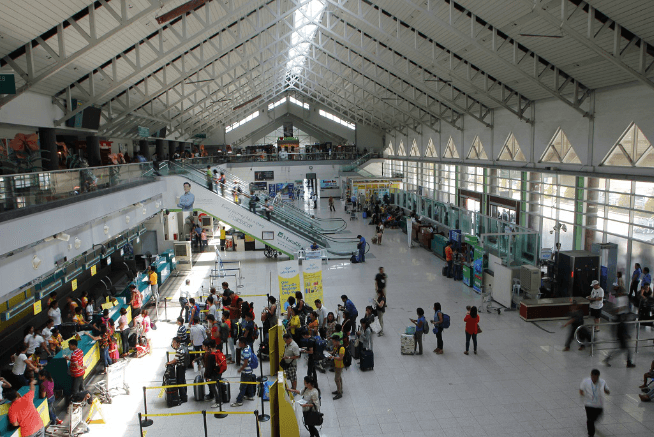
Aside from mass vaccination, members of the Association of Southeast Asian Nations (ASEAN) are working together on five key initiatives that will enable them to safely resume regional travel and tourism during the coronavirus disease (COVID-19) pandemic.
1. Create a regional travel corridor.
In November last year, ASEAN leaders agreed to draw up a travel corridor arrangement framework that will allow essential business travel first among member states while prioritizing public health safety. They called for a common set of pre-departure and post-arrival health and safety measures. Travelers must follow public health regulations in their destination.
The ASEAN Coordinating Council, supported by the ASEAN Coordinating Council Working Group on Public Health Emergencies, will coordinate and oversee the process of developing the travel corridor framework, taking into account bilateral arrangements of ASEAN member states.
Last month, tourism ministers in the region expressed optimism that the regional travel corridor will be extended to tourists later.
2. Enhance tourism workers’ hygiene and safety practices.
ASEAN is developing guidelines on hygiene and safety for workers and communities in the tourism industry with the support of the Australian Government through the Australia-ASEAN Development Cooperation Programme Phase 2. The guidelines are expected to be completed this year.
3. Harness technology for safe and seamless travel.
At the ASEAN Summit in November, the heads of state encouraged the use of digital solutions to promote safe and seamless travel in Southeast Asia during and after the pandemic and to ease travel at entry/exit points, such as through contactless immigration processes and payment, and interoperable mobile contact tracing applications.
4. Improve airline operations toward increased protection and safety of passengers and air crew members.
Transport ministers have endorsed the first set of ASEAN-wide COVID-19 operational guidelines for the protection and safety of passengers and operational air crew, as well as cleaning and disinfection of aircraft. The broad and non-binding operational guidelines are in line with recommendations of the International Civil Aviation Organization (ICAO) Council Aviation Recovery Taskforce (CART) to mitigate the risk of COVID-19 transmission.
5. Use a digital vaccination certificate.
This month, among the proposals that ASEAN economic ministers discussed is the development of common protocols for a digital health or vaccination certificate that may be used by travelers. This is similar to the Digital Green Pass that the European Commission is studying to facilitate travel for inoculated individuals within its region.
This article was first published by BIMP-EAGA on 12 March 2021.

